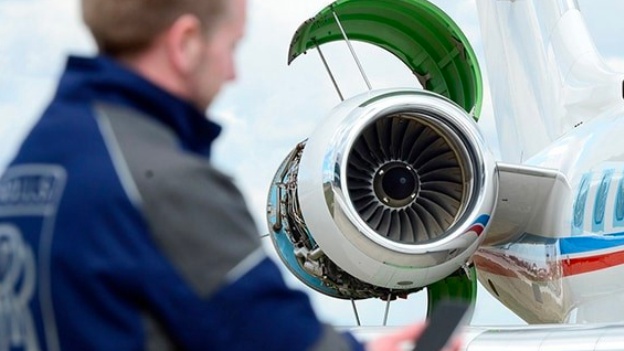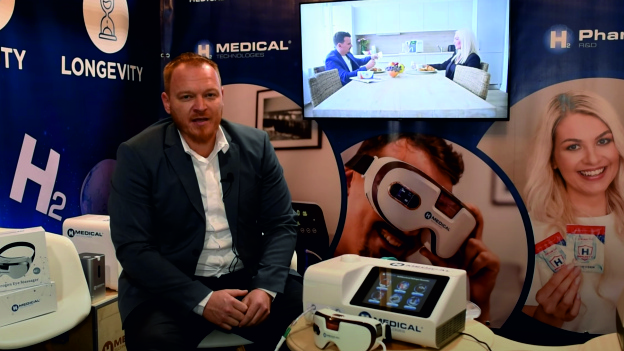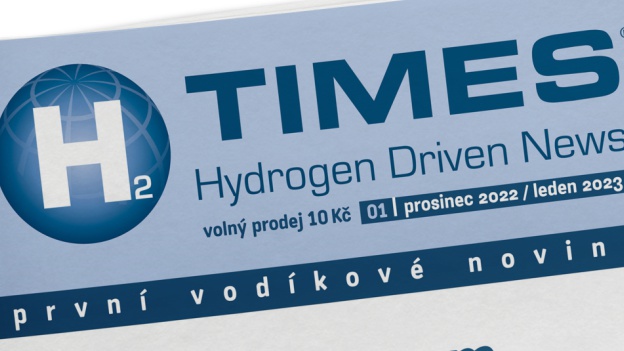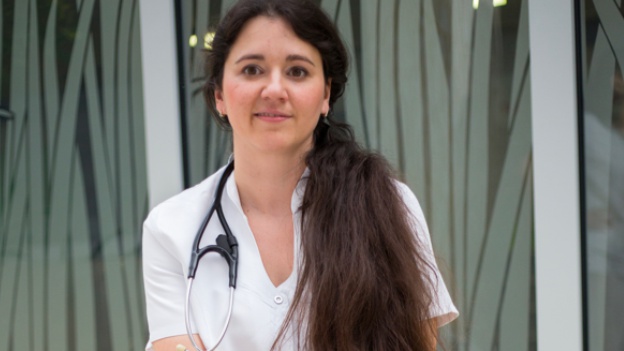Planning a holiday is full of joy and anticipation, but it's important to be prepared for possible health complications. Whether you're going to the beach, the mountains or an exotic holiday, a well-equipped first aid kit is essential. Here's a rundown of what should be in your travel first aid kit to make your holiday as smooth as possible.
1. Pain and fever medication
One of the most common problems when travelling is a headache, toothache or fever. Therefore, your first aid kit should be stocked with medicines such as paracetamol or ibuprofen to help relieve pain and reduce fever.
2. Medicines for indigestion
Travelling can cause various digestive problems, from nausea to diarrhoea. A variety of over-the-counter tablets or stomach drops are good for nausea and vomiting. For diarrhoea, black charcoal, soluble mixtures with clay and probiotics are useful to help restore healthy gut flora. Don't forget rehydration solutions to help replace lost fluids and electrolytes.
TIP: Pack a few cans of in your suitcase. The hydrogen molecules not only help with hydration, but also speed recovery from intestinal and stomach upsets and wild partying.
3. Allergy preparations
Allergic reactions can be unpleasant and unexpected. Antihistamines will help relieve the symptoms of allergies, including itching, rash or swelling. If you have severe allergies, don't forget an epinephrine autoinjector.
4. Disinfectants and bandages
Keep disinfectant, sterile bandages, band-aids of various sizes and elastic bandages in your first aid kit for minor injuries such as cuts or abrasions. Tweezers are useful for removing splinters or ticks.
5. Medicines for respiratory problems
Traveling can also cause respiratory problems, especially if you are changing climate zones. A nasal spray with saline solution will help moisten the nasal mucosa and make breathing easier. If you suffer from asthma, don't forget your inhaler.
6. Protection from the sun and insects
Protection from sunlight is key. High SPF sunscreen, sunglasses and headgear are essential. Insect repellents and products to treat stings and bites (e.g. antihistamine gels) are also important, especially in areas with a high mosquito population. For children, drops can help with any hives or allergy symptoms.
7. Special medicines and supplies
If you take any special prescription medications, make sure you have an adequate supply to last the duration of your vacation. Carry a copy of the prescription with you in case you need refills. If you wear contact lenses, don't forget the solution and a spare pair of lenses.
Hydrogen water is also an interesting addition
An interesting drink for children can be hydrogen water or H2 Immunity drink. The dissolvable sachets with ginger contain a balanced and complete mixture of vitamins, minerals and botanicals for optimal immune function. Trehalose helps to create Molecular Hydrogen® in the intestinal microflora, which is responsible for the proper functioning of key bodily functions. The combination of ginger and extracts of Chinese Caterpillar and Glossy Cucumber mushrooms contribute to the proper function of the immune system and have antioxidant properties that can help, for example, if you have a scratchy throat from the air conditioning or a severe allergic rhinitis.
Tips for packing a first aid kit
- When packing your first aid kit, keep a few tips in mind:
- Keep medicines in their original containers with instructions for use.
- Check the expiration dates of all medications before you leave.
- Store the first aid kit in a cool, dry place out of the reach of children
Having a well stocked first aid kit can contribute greatly to the well-being and safety of your holiday. Prepare for possible health problems and enjoy a carefree time of relaxation and fun.
































